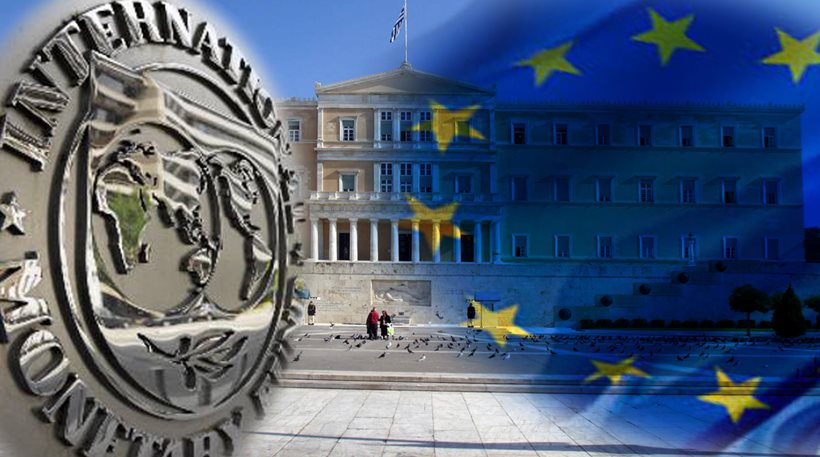The Radical Left Coalition (SYRIZA) government is scrambling to meet the payment of the 1.6-bln-euro installment that it owes to the International Monetary Fund (IMF) despite the difficulty in meeting its other obligations for March. The amount will be paid off to the IMF in four parts on a “pay as you go” basis. A new battle will begin on Monday as the government tries to reach a deal with the European Central Bank (ECB) with a solution sought at the Eurogroup meeting of March 9. It is expected that the government will seek an increase to Greece’s lending margin from quarterly to six-month bonds from the public sector.
Speaking to Associated Press, Greek Finance Minister Yanis Varoufakis said that the Greek government “shall squeeze blood out of a stone” if necessary so that Greece can pay its IMF installment for March. It is expected that on Friday, the Greek public sector will pay 300 mln euros from the 1.5 billion owed to the IMF for March, and it is possible that Varoufakis will submit an official request for extra bonds issues at the Eurogroup so that Greece could meet its obligations. If his request is approved, then Greece will pay an additional 340 million euros on Friday, March 13, followed by another 560 mln euros for March 16 and 340 million euros on March 20.

In April, the government will have to come face-to-face with the ECB in order to begin talks with EU partners and institutions concerning 6.7-bln euros worth of bonds for July and August.
The ceiling for bonds issues are at 15 bln euros and the Greek side needs the approval of both the Eurogroup and ECB in order to increase its limit to 25 bln euros in order to cover its needs without a loan from Troika until June. A relative move had been made following the June 2012 elections, but lenders appear negative this time unless the Greek side can secure that additional loans will be bought by foreign investors and not by Greek bands, which is difficult to achieve in the current climate.

































